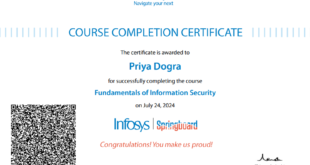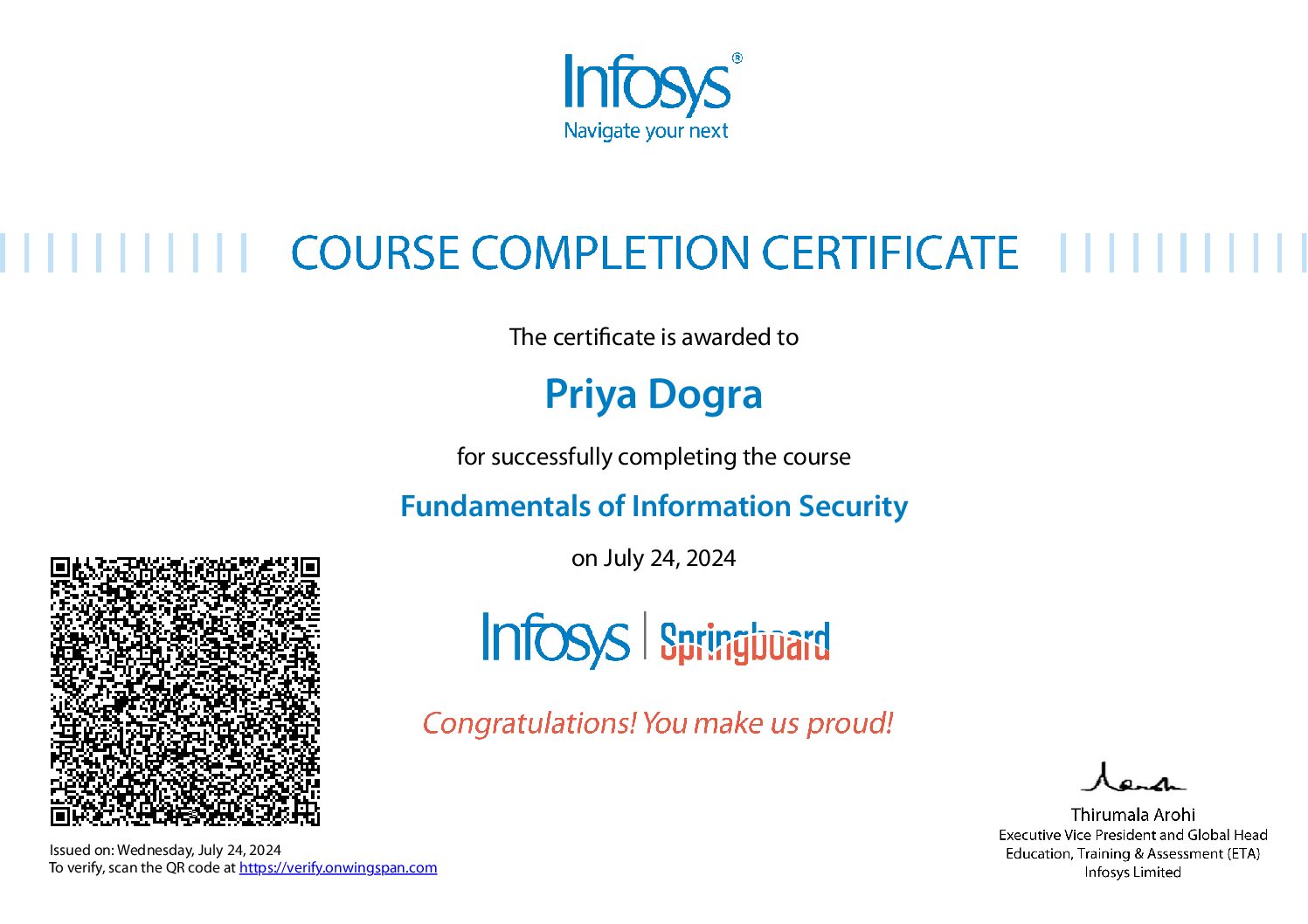Get Certificate: Full Stack Web Development
Full-stack web development refers to the practice of developing both the front-end (client-side) and back-end (server-side) parts of a web application. A full-stack developer is proficient in working with both the user-facing aspects of a website or web application, as well as the server-side logic and database interactions.
Here’s a breakdown of the key components involved in full-stack web development:
- Front-end Development: This involves everything the user interacts with directly in their web browser. Key technologies and skills include:
- HTML (Hypertext Markup Language): Defines the structure and content of web pages.
- CSS (Cascading Style Sheets): Controls the presentation and layout of web pages.
- JavaScript: Adds interactivity to web pages, such as dynamic content, animations, and event handling.
- Front-end frameworks/libraries: Tools like React.js, Angular, or Vue.js are commonly used to streamline front-end development and manage complex user interfaces.
- Back-end Development: This involves the server-side logic and database management that powers the web application. Key technologies and skills include:
- Server-side languages: Such as JavaScript (Node.js), Python (Django, Flask), Ruby (Ruby on Rails), Java (Spring Boot), or PHP (Laravel).
- Databases: Storing and retrieving data efficiently using database management systems like MySQL, PostgreSQL, MongoDB, or Firebase.
- APIs (Application Programming Interfaces): Creating and consuming APIs to facilitate communication between the front-end and back-end components of the application.
- Authentication and Authorization: Implementing user authentication and authorization to control access to certain parts of the application.
- Security: Implementing security measures to protect against common web vulnerabilities like cross-site scripting (XSS), SQL injection, and CSRF attacks.
- DevOps and Deployment: Full-stack developers often need to be familiar with deployment processes and DevOps practices to ensure that the application runs smoothly in production. This includes:
- Version control systems: Using tools like Git for collaborative development and version management.
- Deployment platforms: Deploying applications to platforms like AWS, Heroku, DigitalOcean, or Azure.
- Continuous Integration/Continuous Deployment (CI/CD): Automating the process of testing, building, and deploying code changes to production environments.
- Monitoring and Debugging: Monitoring application performance and troubleshooting issues in production environments.
- Soft Skills: Effective communication, problem-solving, and project management skills are also essential for full-stack developers, as they often work in cross-functional teams and need to understand both the technical and business requirements of a project.
Overall, full-stack web development requires a diverse skill set and the ability to work with a wide range of technologies to build robust and scalable web applications.
 Priya Dogra – Certification | Jobs | Internships
Priya Dogra – Certification | Jobs | Internships




Great certificate from government of india.
vocal for local